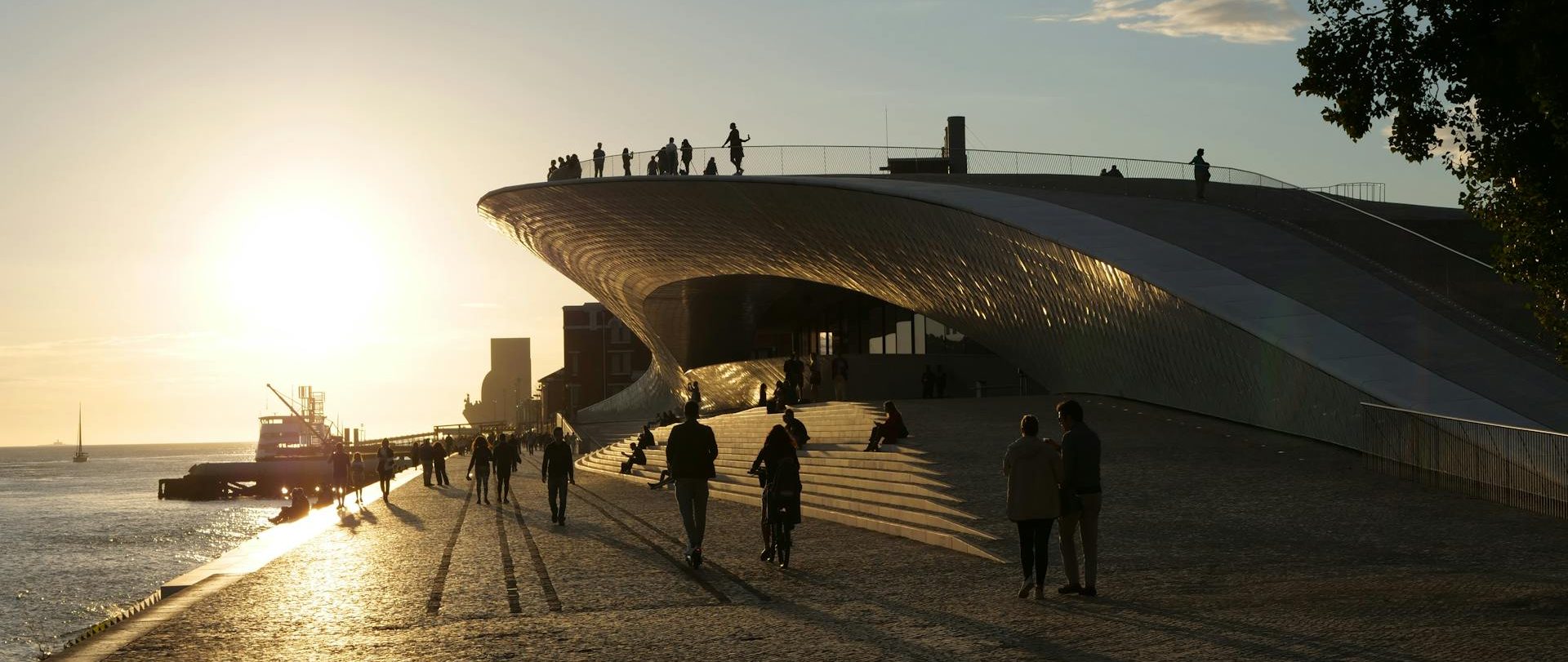
Moving to Portugal offers a warm, welcoming environment with a rich cultural heritage and a relaxed lifestyle. However, being aware of and prepared for the practical challenges is essential. Understanding the negatives of living in Portugal can help potential expats navigate their new lives better and maximise available opportunities. This article delves into both aspects, providing a comprehensive overview for those considering relocating to Portugal.
Moving to Portugal can be a transformative experience, offering a high quality of life at a relatively low cost. Expats often cite the warm climate, friendly locals, and beautiful landscapes as significant draws. However, life in Portugal comes with unique challenges. The slower pace of life affects bureaucratic processes, leading to long wait times and excessive paperwork in government offices. Portuguese culture, deeply rooted in family values, is welcoming, but the language barrier can be significant, especially in official matters. Learning Portuguese enhances the living experience and eases daily interactions. The job market can also present challenges due to high unemployment rates and generally low salaries compared to other Western European countries. Many jobs in hospitality and retail pay minimum wage (€705 per month before taxes), but the lower cost of living offsets this to some extent. Overall, Portugal offers a welcoming environment with a rich cultural heritage and a relaxed lifestyle, but being aware of practical challenges can help expats make the most of their new life. Here are some practical considerations:
Regarding the negatives of living in Portugal, there are a few things to remember to ensure a good experience. Be cautious of local driving habits, such as tailgating and erratic parking, as the driving culture can be challenging for newcomers. Adjust your expectations for customer service, as the slower pace of life often translates into less urgency in this area. Additionally, while smoking in non-designated public spaces is discouraged, it is less regulated compared to other European countries. Still, as an “outsider”, it is always better to respect locals.
Expats face several housing challenges, but there are ways to mitigate these issues. One of the main challenges is the rising property prices in popular areas like Lisbon and the Algarve. To find more affordable options, consider looking in northern and central cities such as Braga, Coimbra, and Aveiro or rural areas in the Alentejo region. These areas often offer more budget-friendly rental and purchase options. If you purchase a home, investing in better insulation or installing efficient heating systems like gas central heating or pellet heaters can make a significant difference since many Portuguese houses’ lack of heating and air conditioning makes it extremely uncomfortable during extreme weather. Last but not least, the legal and contractual issues with landlords. Especially if you’re dealing with rental agreements. It’s crucial to thoroughly inspect the property before moving in and document its condition with photos. To avoid disputes, ensure that the rental agreement is comprehensive and complies with Portuguese law. Engaging a real estate agent or legal advisor can provide additional security and help navigate potential conflicts. The high demand and limited supply of rental properties can make securing a place to live difficult. Expats should start their search well in advance, utilising online platforms and local real estate agents. Networking with other expats can also provide leads on available properties and trusted landlords.
When moving to Portugal as an expat, be alert to the risks of pickpocketing in crowded areas. Respect cultural etiquette, such as personal space and greeting customs, to build positive relationships with locals. Always carry cash, as not all places accept cards. Bureaucratic processes can be slow, requiring patience and thorough preparation. While public healthcare is available, many expats prefer private insurance for faster, comprehensive services. Integration may be challenging due to tight-knit social circles.
Portugal’s welcoming culture and stunning landscapes attract many expats, but several downsides can be a bother to many:
Language Barrier: While English is widely spoken, especially in tourist areas and among younger generations, dealing with governmental offices often requires knowledge of Portuguese. Learning the language is crucial for smoother integration.
High Unemployment and Low Salaries: Portugal has a relatively high unemployment rate, and salaries are generally lower than in other Western European countries. This can be challenging for expats who are used to higher earnings.
Housing Issues: Rising property prices, especially in Lisbon and Porto, make finding affordable housing increasingly difficult. This trend is exacerbated by high demand from foreign investors.
Over-tourism: Popular tourist destinations can become overcrowded, affecting the quality of life for residents. Over-tourism also strains local infrastructure.
Environmental Concerns: Forest fires and coastal erosion are growing ecological challenges in Portugal.
By understanding the negatives of living in Portugal, you can better prepare for the challenges and enjoy this beautiful country’s numerous benefits. As a European removal company, Vanone International Movers provides comprehensive services to make your international relocation effortless. Our team handles all the details on the logistics and customs clearance papers so you can focus on settling into your new home. With expertise in navigating customs procedures, we make your move to Portugal as seamless as possible.